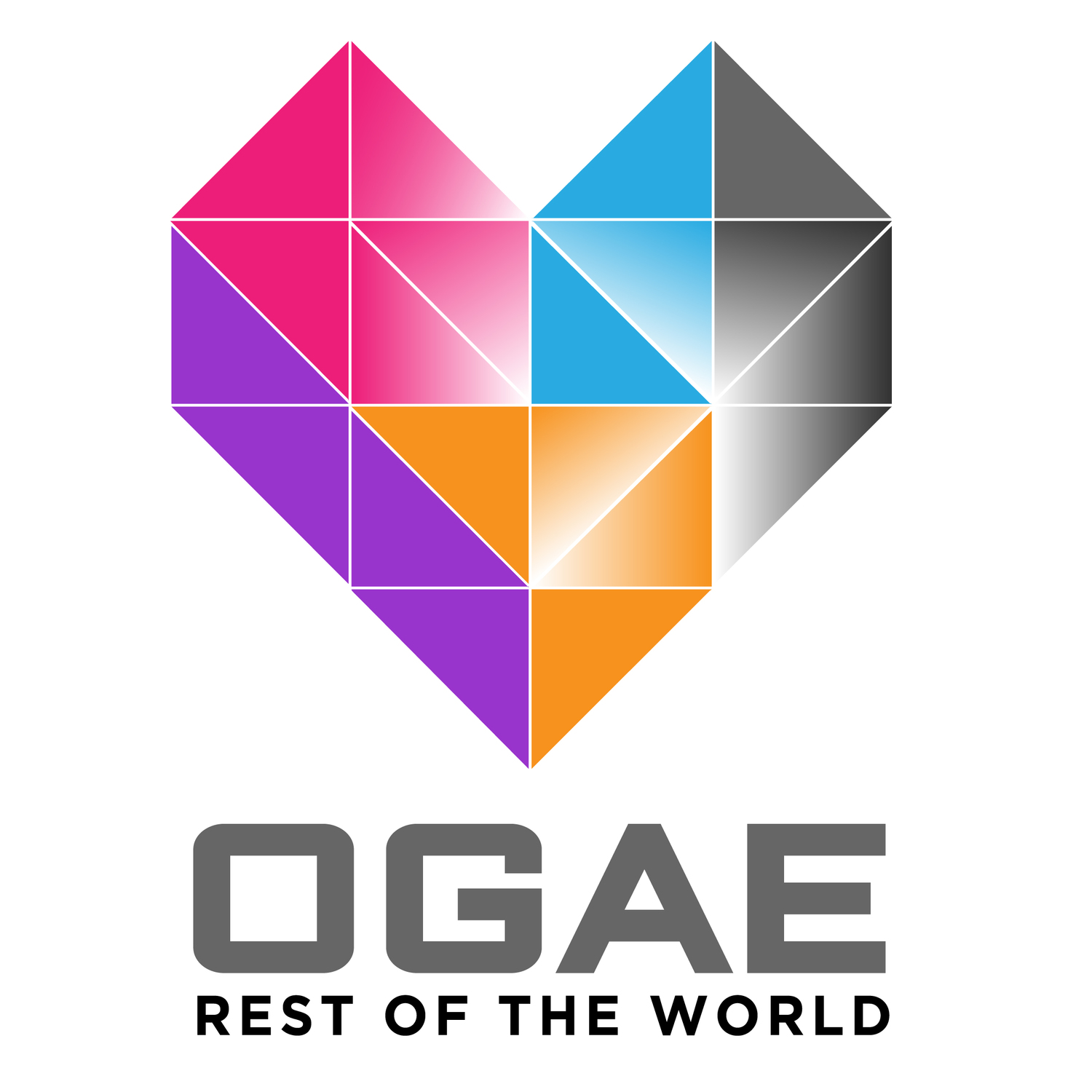Luxembourg's triumphant return to the Eurovision Song Contest after a 31-year hiatus has proven to be a beacon of promise for the nation. The national final, reminiscent of Australia Decides, unfolded in a charming arena with a capacity of 2,800, boasting an LED stage that echoed the grandeur of the contest itself.
The evening commenced with enchanting performances by Eurovision legends Anne-Marie David and Vicky Leandros, each showcasing their winning songs. Guiding the audience through the event were four hosts—Désirée Nosbusch, Melody Funck, Raoul Roos, and Loïc Juchem. Nosbusch, a familiar face from the 1984 Eurovision Song Contest, effortlessly blended English and Luxembourgish, contributing to the impeccably polished production.
To cater to the global audience, thoughtful efforts were made, as evidenced by pre-performance postcards featuring English subtitles. Commentary by Melissa Dalton and Sarah Tapp added context without overshadowing the hosts, enhancing the overall viewing experience.
The national final introduced an international jury from eight countries, ensuring commendable audio balance that elevated vocals while maintaining harmony with backing tracks. Joel Marques delivered an up-tempo ballad with a visually captivating performance, while Edsun brought Milli Vanilli vibes in a striking red suit, compensating for vocal nuances with charisma and a dynamic routine.
Sixteen-year-old Naomi Aye impressed with a soulful ballad, showcasing remarkable vocal prowess. Angy and Rafa Ela presented an up-tempo ballad, seamlessly blending light choreography with outstanding vocal harmonies. The collective performance of "One Last Time," a rock ballad featuring all participants skillfully wielding instruments, showcased musical prowess despite a slight vocal setback.
Krick commanded the stage with confidence in a solo ballad, complemented by an enchanting LED display. Chaild, with a song penned by seasoned Swedish songwriters, delivered a compelling performance with 80s-inspired visuals, though the song evoked a Melodifestivalen reject vibe. Tali, with an upbeat dance number, emerged as a crowd favorite, delivering a polished performance that secured her victory.
Interval acts featuring Katrina Leskanich, Charlotte Perrelli, Ruslana, and the ageless Alexander Rybak entertained the audience. Vicky Leandros joined Rybak for a rendition of "L'amour est bleu," aligning with the expected style and caliber of these seasoned artists.
The voting process, taking 40 minutes, included crossovers to the international jury and green room interviews. The folk punk ska band Scheppe Siwen showcased excellence, potentially being a strong contender. Ultimately, Tali emerged victorious with her song "Fighter," standing out among the competition and marking Luxembourg's return to Eurovision with a promising win.
